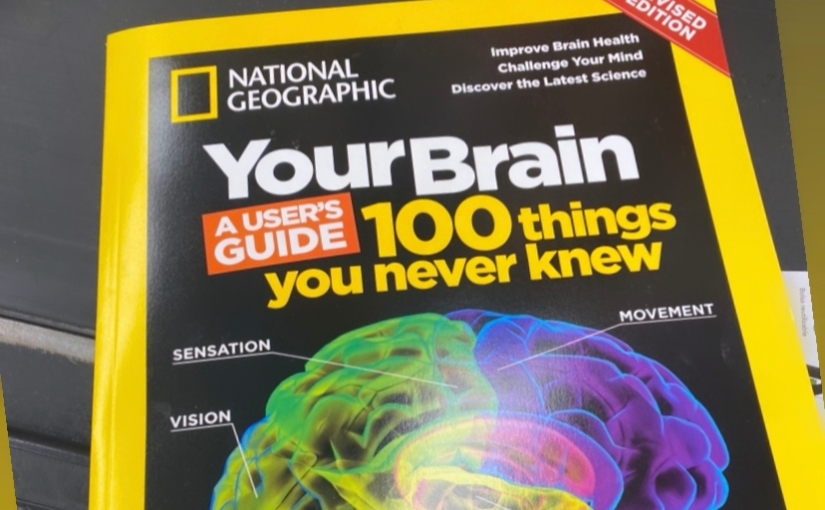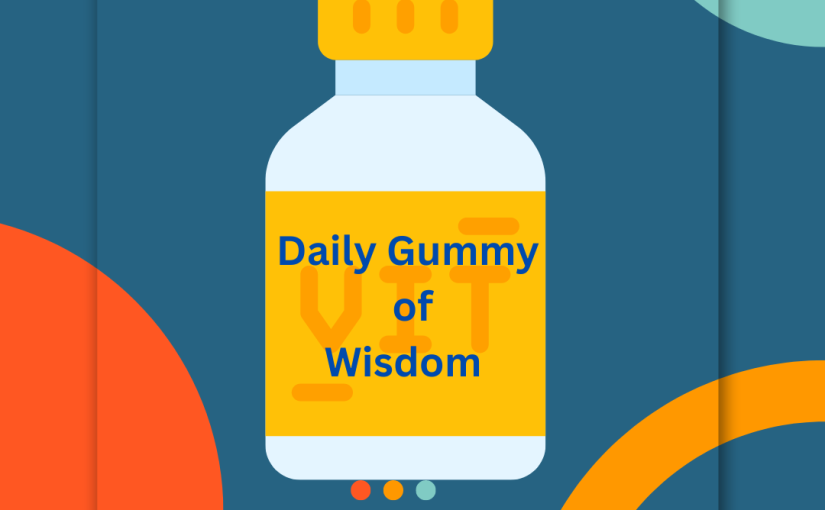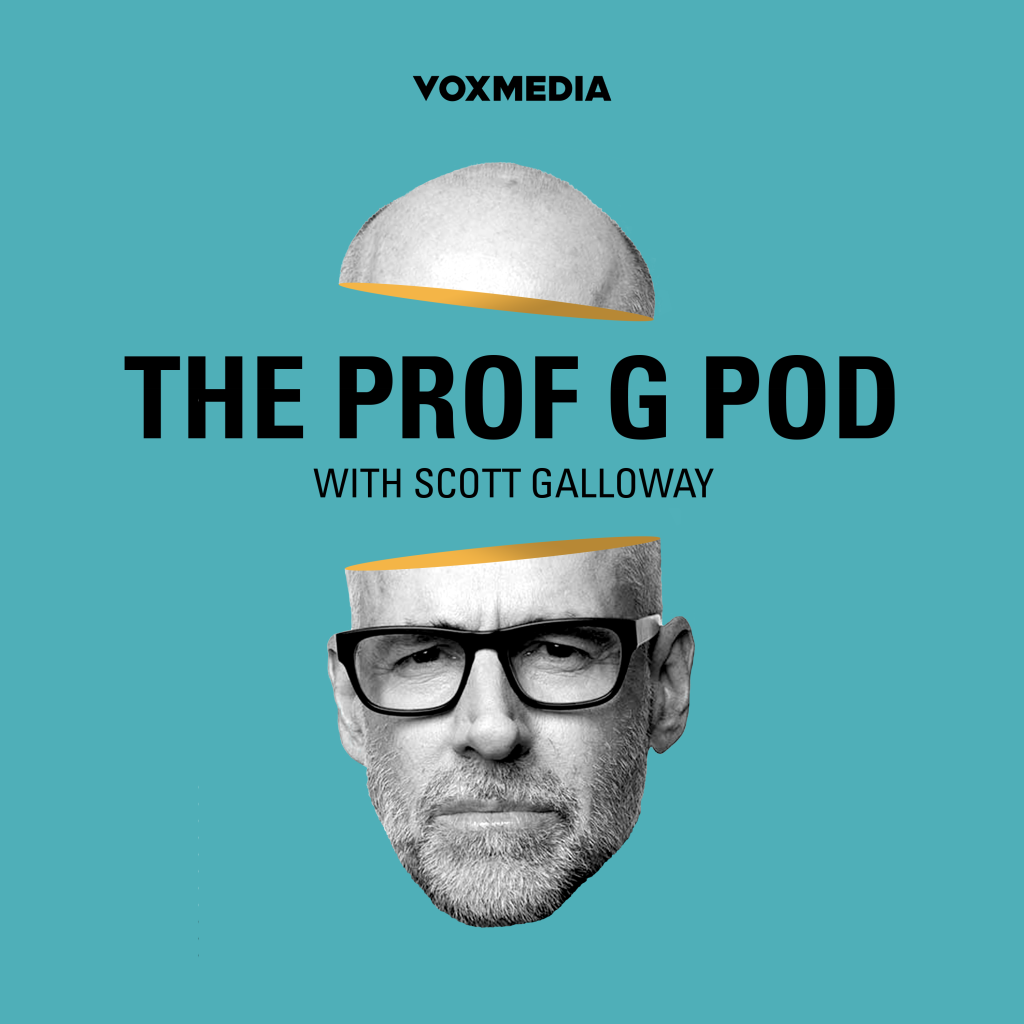There was a time when physical fitness wasn’t such a compelling component of our daily lives. Many of us were “weekend workout warriors”. That’s when we would carve out the time to go for a run, take a long bike ride or hike through the local woods. It was in the early 1980’s that a growing awareness of the importance of regular physical exercise intersected with the invention of the Nordic Track and commercial gym memberships expanding to a broader audience. The Nordic Track became a highly popular Christmas gift that held a prominent space in the living room or bedroom for a few glorious weeks. It wasn’t long til there was a lot of humor being shared about the Nordic Track becoming an ingenuous clothing rack by the end of January. While that Nordic Track might not have “fast-tracked” us to include physical fitness into our daily routines, there was in fact an upward trend in the growing awareness of the long term benefits of regular exercise.
Here we are decades later, and most of us have fully integrated some form of physical exercise into our daily routines. We wear fitness trackers to count our steps and measure our heart rate. We speak the lingo with ease – resistance training, VO2 max, zone 2 cardio, grip strength and core balance.
How did we get from weekend workout warriors and Nordic Tracks that morphed into clothes racks to this whole new lifestyle that includes consistent physical fitness? It was that upward trend catching big momentum – for all the right reasons.
And here we are now – at the tipping point of yet another upward trend — proactively attending to our mental and emotional health. It’s going to transform how we integrate tools and practices to support our mental and emotional health into our daily lifestyle. It’s going to dovetail with our commitment to our physical health because they go together like hand in glove.
Just a few short years ago, this would have seemed highly unlikely.
When it came to our mental health, the focus had always been on the pathology. No wonder we had so much stigma associated with mental health. We waited until there was a serious issue and then asked “what’s wrong?” or “who has some diagnosis of a mental health problem?” Treatments were often bandaid solutions to ease anxiety, but not uncover the root cause of the anxiety and fear. Health professionals were treating the symptoms and not the core problems. Because of the stigma associated with mental health, many people tried to power through their emotional and mental health struggles on their own.
We wouldn’t ignore a concerning physical health problem indefinitely. The same is now true for our emotional and mental health. Early intervention, paying attention to the warning signs and getting the support we need is now viewed as normal, healthy and empowering.
We are normalizing what we once kept hidden and that is shifting us to investigate why we react to life as we do. We are beginning to understand how our brains work and what they need to function optimally. We took our brains for granted – and yet they are running our daily lives. With all this groundbreaking knowledge, we now have an invested interest in being proactive about brain health.
We are learning why sleep is key for optimal brain function and health. We are also learning the importance of hydration throughout the day for our brains; and the effects of caffeine, sugar and alcohol on our brains and sleep cycles. We are getting morning sunlight to set our circadian rhythm and dimming our lights an hour before bed.
This upward trend of weaving mental health into our lifestyle is already showing up in our daily lives. Our fitness devices track our sleep cycles and we are now sleeping in darker, cooler bedrooms. Mattresses and comforters are featuring temperature controls to cool our bodies down to proper sleeping temperature and then warm us up just before waking. We take “sleep stack” supplements before bed just as we take probiotics and vitamin supplements in the morning.
There’s nothing like a few new products to really nudge us along on that upward trend; that’s how the momentum builds for our new integrated approach to mental health. Our children will be learning about their brains in this brand new way, all while also implementing healthy brain hygiene. This is how our human evolution advances us – one generation at a time, adapting and adopting what we are learning.
Knowledge is empowerment.
Where we once believed we had no agency over how we were “wired”, we are now learning that the neuroplasticity of our brains allows us to proactively create new neural pathways to help us build — and maintain — positive, meaningful changes in our mental and emotional health.
Just like the previous upward trend that spurred us on to take our physical health seriously and to be proactive in maintaining healthy physical bodies throughout our lifetime, we are now at a tipping point for positive brain health integration.
In a recent Huberman Lab podcast, Dr. Paul Conti (Stanford University graduate, psychiatrist and author), pointed out that most of us know an incredible amount of information about our physical body and anatomy. It is also very complex, with many moving parts that integrate rather seamlessly. We can readily self-diagnose when something about our physical body hurts, is not working well, has a bug or virus. Dr. Conti believes that we can also learn about our brains and mental health in the same way.
We can start by taking better care of our brains through sleep, hydration, self-awareness, healthy coping skills and improved emotional regulation. as the foundational building blocks for proactive positive brain health.
Once we have laid this foundation, we will be more receptive to taking the next transformation steps. It is analogous to taking better care of our physical bodies with rest and proper nutrition — and then easing into a diverse, and sometimes challenging fitness regimen. Just like we build muscle strength and endurance in our bodies, we can be building better neural networks and muscle memory for our emotional and mental health.
Mental and emotional health has taken a giant step forward.
Although our brains and emotions drive much of how we show up in life, they were often relegated to the back seat. Think about that — our premier operating system was a back seat driver that we usually ignored.
Now we know more and we know better how to care for children’s developing brains and how to take care of our own adult brains and install valuable upgrades. We are realizing that emotions are a feature not a bug and we need them to help us make decisions about what is most important to us. In fact, emotions are are core ingredient to our overall happiness and fulfillment in life. All those emotions that we stuffed and suppressed were roadmaps for life. Is it any wonder we got so lost and misdirected?
We have been operating on a very outdated autopilot for far too long. We have ignored the lessons and guidance from our back seat drivers. Our unconscious mind is a like a five year old in the driver’s seat, stretching up to see out the windshield while straining to reach the gas pedal.
Over the next few weeks, Andrew Huberman and his guest, Dr. Paul Conti, will be offering a four part podcast series entitled “How to Understand and Assess Your Mental Health.” I have found Dr. Cont’s insights to be revelational and eye-opening.
I will be distilling this four-part series into blog posts over the coming weeks with great enthusiasm. If you are also fascinated by this upward trend that is rapidly gaining a lot of momentum, take some time to listen to the podcast series and check back for future posts about the healthier trajectory of our mental and emotional lifestyle.
Just imagine how incredible it will be to know as much about your amazing brain and mind as you do about your physical body!
RECOMMENDED RESOURCES:

Here are the show notes for the first episode in this series










